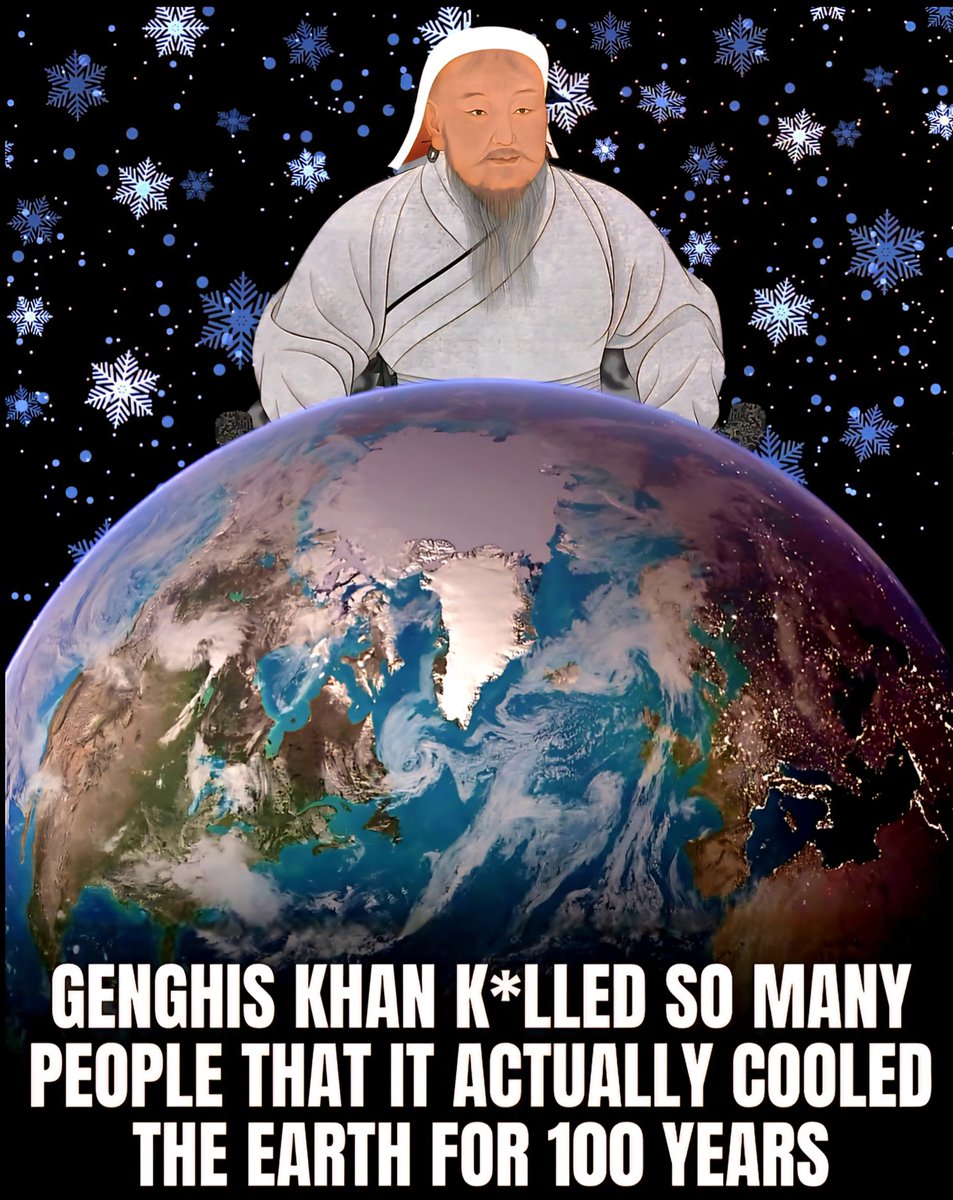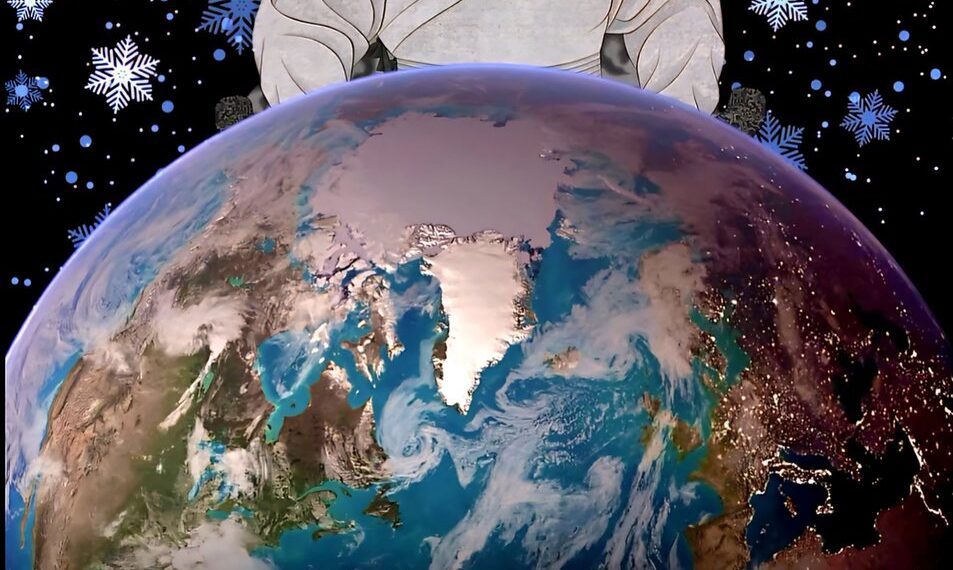Select Language:
Genghis Khan’s Legacy: How Conquest Changed the Climate
The vast empire established by Genghis Khan during the 13th century is renowned for its military might and brutal conquests. However, recent studies suggest that his campaigns had an unexpected and lasting impact on the Earth’s climate, contributing to a century-long cooling period. Here’s a closer look at how these historical events shaped not only human civilization but also the planet itself.
The Scale of Destruction
At the height of Genghis Khan’s conquests, an estimated 40 million people—around 10% of the world’s population at the time—lost their lives. This staggering death toll resulted from a combination of military campaigns, famine, and disease, leaving vast swathes of land abandoned and agricultural practices in disarray. This dramatic decrease in population disrupted farming and led to significant shifts in land use.
Agricultural Collapse
With the decimation of local populations, farmland was left untended, and communities that once thrived in agriculture were abandoned. This collapse in farming practices paved the way for widespread reforestation. As trees took root and forests began to reclaim the land, they effectively removed significant amounts of carbon dioxide (CO₂) from the atmosphere.
Reforestation and Carbon Absorption
Forests play a crucial role in absorbing CO₂, one of the primary greenhouse gases responsible for global warming. The reforestation that occurred in the wake of Genghis Khan’s campaigns drew down an estimated 700 million tons of CO₂. This natural process helped cool the atmosphere, contributing to a measurable decline in global temperatures.
The Cooling Effect
Scientists believe that the decrease in atmospheric CO₂ levels contributed to a modest, but significant, global cooling that lasted for approximately 100 years. Historical climate records suggest that this cooling phase was marked by the onset of what we now refer to as the Little Ice Age—a period characterized by cooler temperatures across Europe and North America.
Long-term Climate Consequences
The link between Genghis Khan’s conquests and climatic changes illustrates a profound and surprising relationship between human actions and the Earth’s climate. It serves as a reminder of how large-scale human conflict can lead to unintended environmental consequences, which in this case contributed to changes that affected weather patterns and agricultural practices for generations.
A Lesson for Today
Understanding the climate implications of historical events such as Genghis Khan’s campaigns can offer valuable lessons for today’s world, particularly in the context of ongoing discussions about climate change and environmental stewardship. As we grapple with the impact of modern conflicts and industrial activities on the climate, it becomes increasingly crucial to recognize the interconnectedness of human actions and environmental outcomes.
Conclusion
The legacy of Genghis Khan extends far beyond his military conquests and the establishment of one of the largest empires in history. His campaigns inadvertently set in motion a series of ecological changes that contributed to the cooling of the planet. This exploration into the past emphasizes the importance of considering the long-term ramifications of human behavior on our environment.

As we continue to navigate complex environmental challenges, it serves us well to remember the lessons learned from history, steering our actions toward sustainability and environmental responsibility.
Understanding the fleeting but impactful nature of human actions on climate change urges us to reflect on our current pursuits and their potential consequences on the planet’s health for generations to come.





